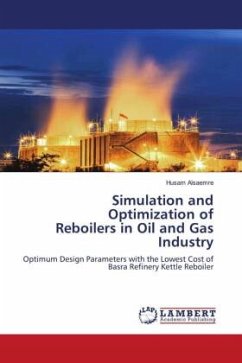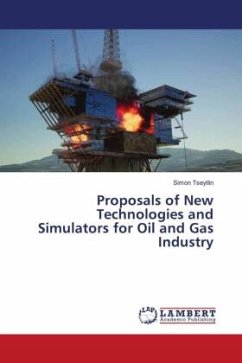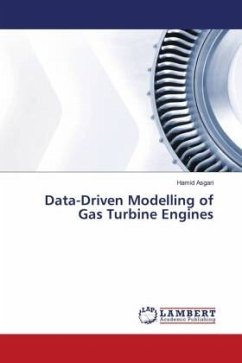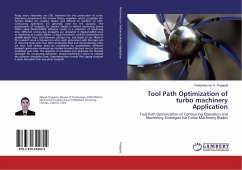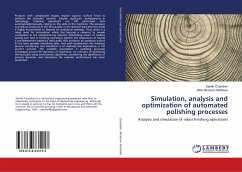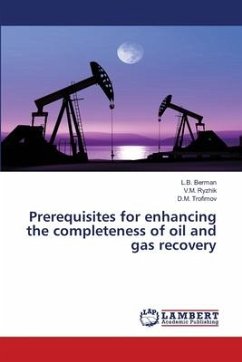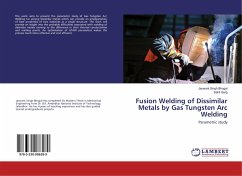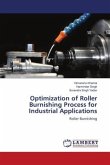The study also attempted to choose the best design parameters and the optimal operating conditions to attain the highest efficiency while maintaining the annual cost at the lowest. Aspen plus® and Aspen exchanger design and rating (EDR)® software V10 have been implemented for design simulation and optimization. Calculations and control those factors that are connected to the efficiency (mechanical and thermal effects ). Accordingly, different scenarios were carried out to reach the optimum design and decreasing the associated cost at the lowest possible. The study results were promising and could specify the most vital variables that directly affected the cost and the overall heat transfer coefficient. These variables are: metal type design selection, appropriate diameter selection, and the best-operating conditions. In addition, the study concludes that Carbon steel is the best metal type while the suitable diameter is 25.4 mm, and the optimal operating conditions were found that 493 k and 4 Kg/s which are the temperature of cold in-stream and the mass- flow rate of the fluid entering the hot stream respectively, this yields to increase the efficiency by 26.3%.
Bitte wählen Sie Ihr Anliegen aus.
Rechnungen
Retourenschein anfordern
Bestellstatus
Storno

